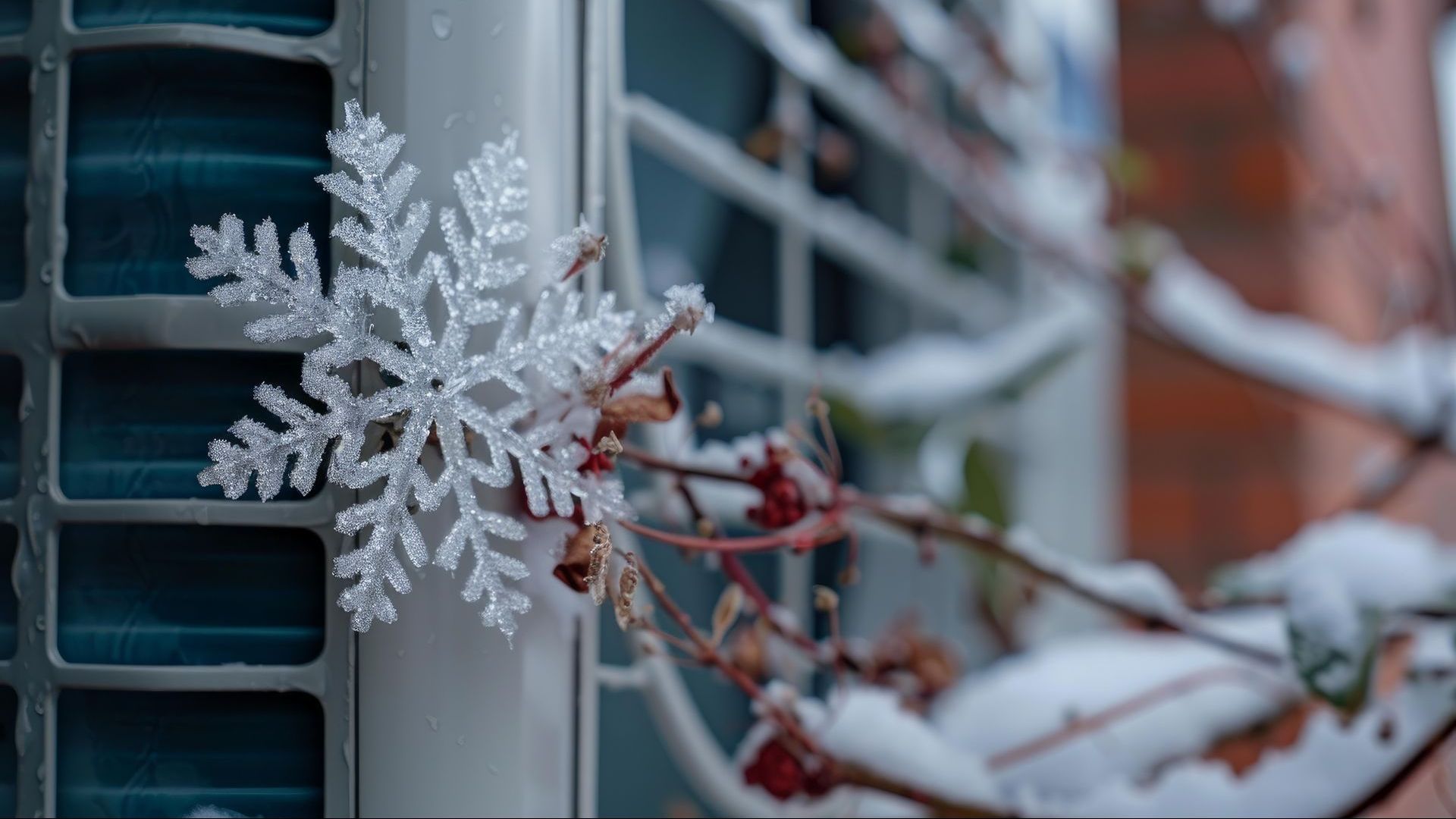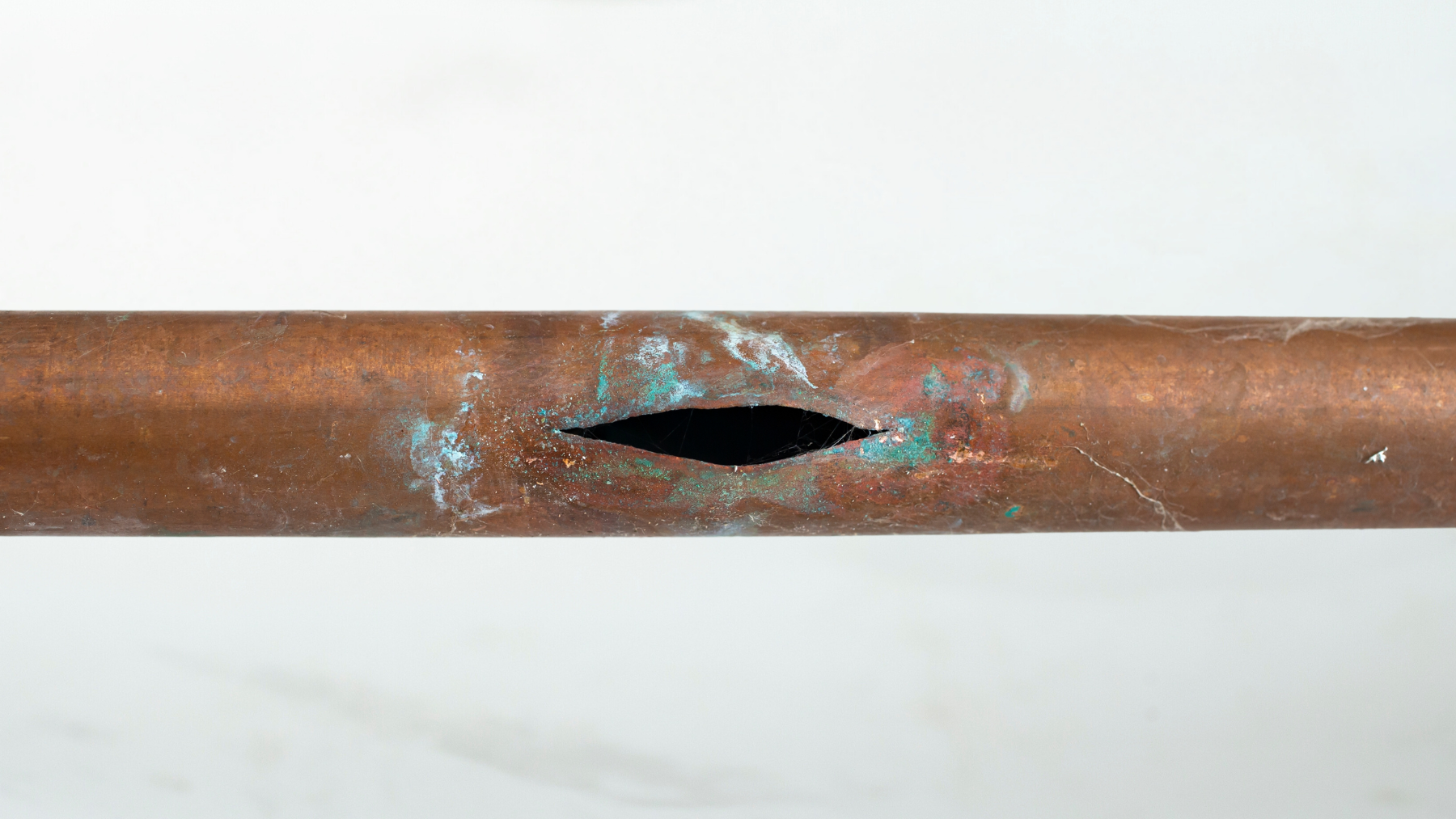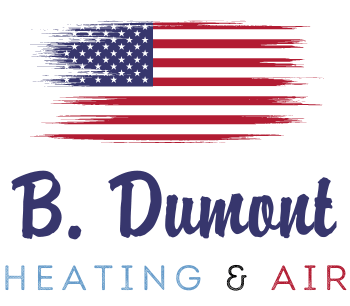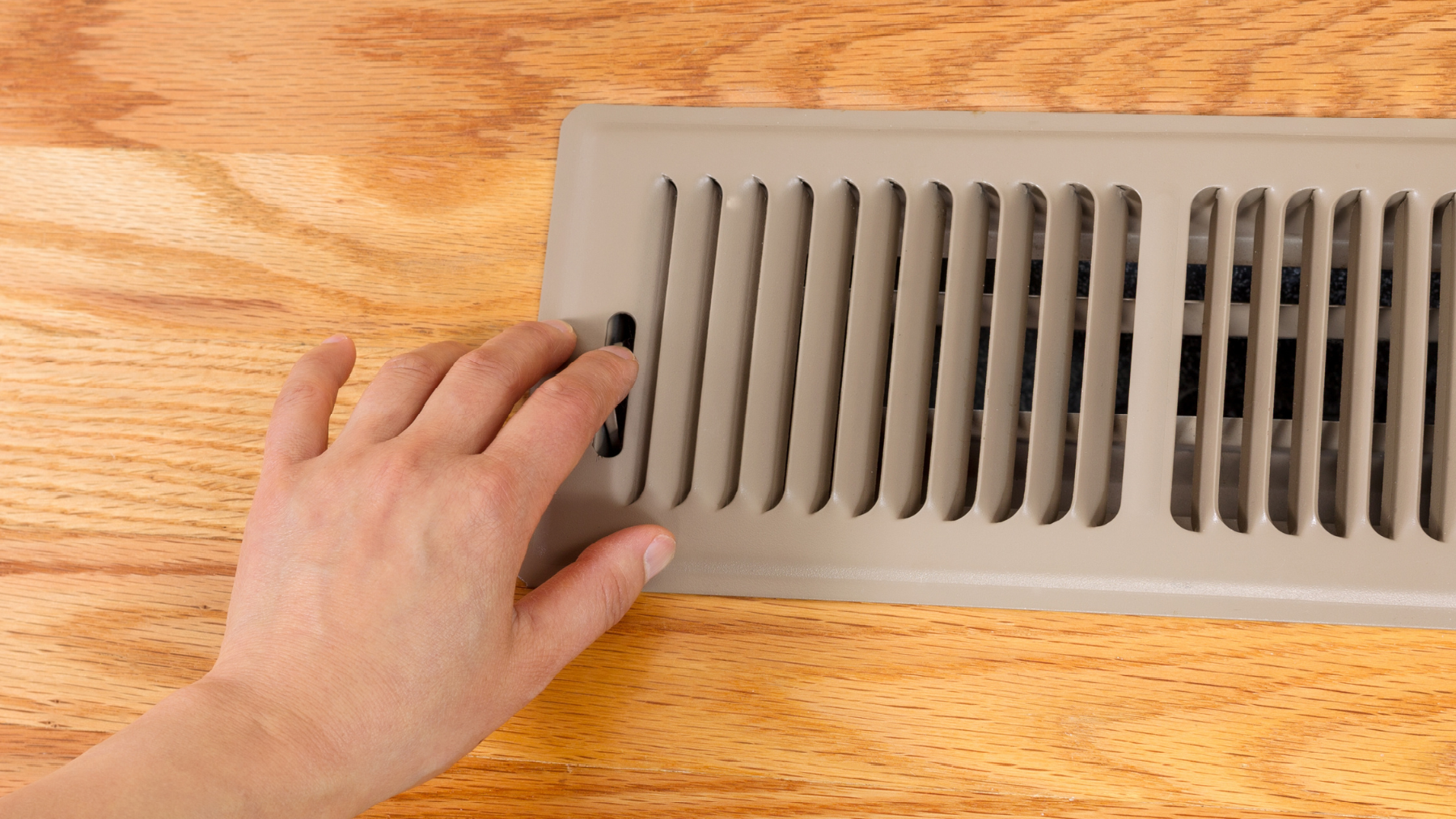Your HVAC Back to School Checklist

This time of year is always busy! Families rush around making sure they have everything they need to send the kids back to school. Checklists are printed and supplies are bought. In all the rush it is easy to put your home’s checklist on the back burner. While you’re out checking off school supplies, we encourage you to sit down and take a few minutes to make sure everything on your HVAC checklist hasn’t been forgotten.
Have you changed your air filter in the last 1-3 months?
On average air filters should be changed every 1-3 months depending on things like the foot traffic in your home, the presence of pets in your home, and the age of your unit. Making sure your filters are clean not only helps your HVAC unit run more smoothly but also decreases the buildup of dust and dirt in the air of your home! If you would like to know more about when to change your filters, check out this article.
If you have a programmable thermostat, has it been programmed with the school year in mind?
Programmable thermostats were made with the productivity of your HVAC unit in mind, so why not make the most of them? If your kids are headed back to school and all the adults will be at work, don’t be afraid to schedule downtime for your unit while no one is home and save yourself some money!
Are your ducts and registers clean?
Sometimes ducts and registers can go unnoticed and forgotten for months. When you’re making your back-to-school lists, go ahead and sneak this one on there. Giving your registers a good cleaning is something you can do on your own. They can be vacuumed or, if that doesn’t work, take a paper towel or damp rag and clean the dust off. As for duct cleaning, call a professional to help you with that!
Are there any air leaks that need to be sealed?
This is also something that gets forgotten about. Sometimes these air leaks don’t seem like a big issue but are causing your HVAC unit to work harder therefore causing you to spend more money on your energy bill. No one likes that! Take a few min to see if any leaks need to be sealed around your doors, windows, and any other areas where air might seep out. If you find any leaks, simply seal those and you’re good to go!
Have you thought about scheduling your fall maintenance appointment?
It’s not fall yet, but it is right around the corner, make sure to schedule your fall maintenance appointment to guarantee there are no issues with your HVAC unit that will cause you any grief this winter. It is better to get everything checked out now while the weather is decent instead of sitting in your home freezing when something breaks without notice this winter.
CONTACT US




